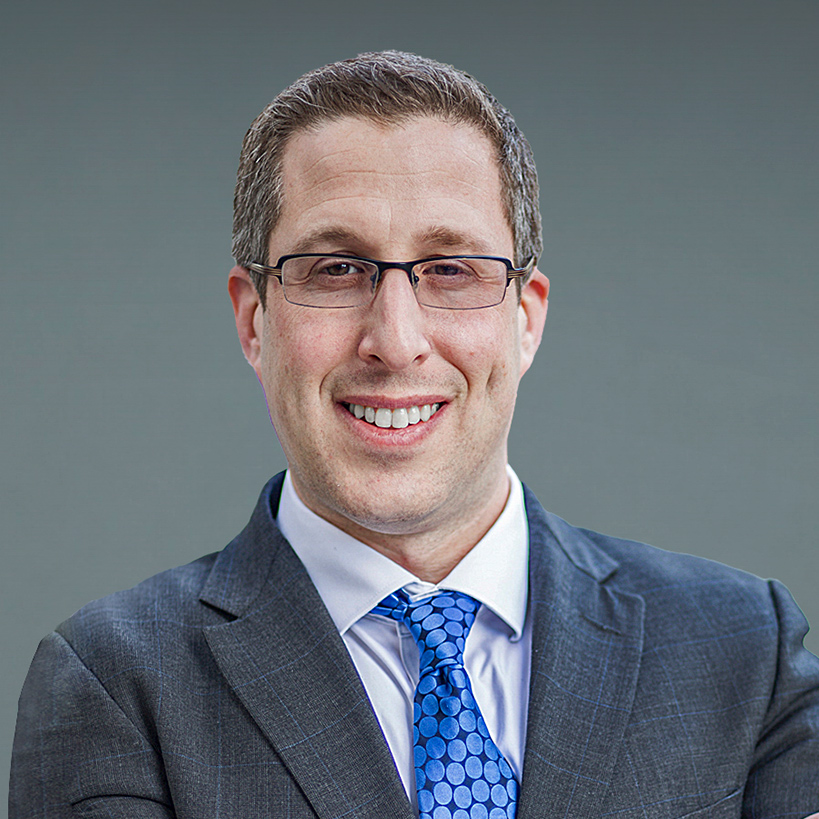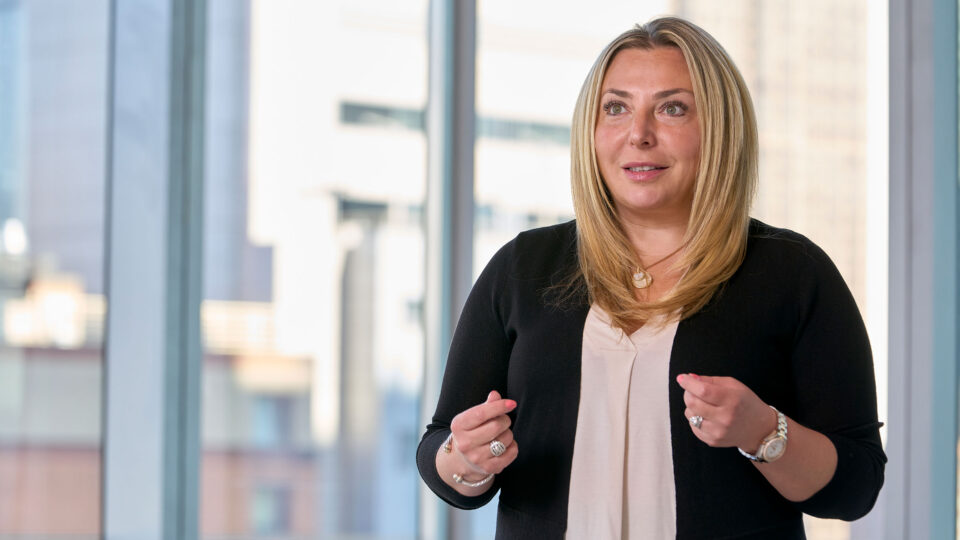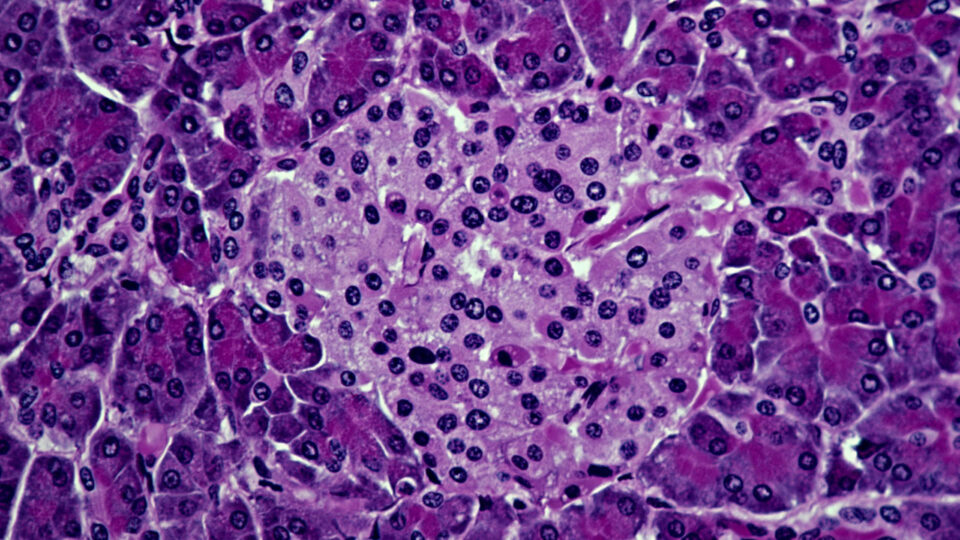Seth A. Gross, MD, clinical chief of the Division of Gastroenterology and Hepatology, was involved in one of the first randomized controlled trials of computer-aided detection (CADe) for screening and surveillance colonoscopy in the United States and currently serves on the American Society for Gastrointestinal Endoscopy’s (ASGE) Artificial Intelligence in GI task force, which aims to help guide the evolution and implementation of AI technology in the field.
Here, Dr. Gross shares with Physician Focus his perspective on the expansive potential of artificial intelligence (AI) in endoscopy, with improved polyp detection through CADe marking the first of many enhancements ahead.
Extending the Advantages of CADe
Physician Focus: Across medicine, there are ever-expanding opportunities for AI to improve care. Now that CADe systems have refined polyp detection, what’s next for AI in colonoscopy and in endoscopy as a whole?
Dr. Gross: AI is certainly going to continue to grow. If you look at the colonoscopy procedure itself, identifying polyps and precancerous polyps is just one element. AI can also help in characterization of the polyp, for example, distinguishing whether it’s precancerous or benign. And it will be able to potentially tell us if the bowel cleanse is adequate.
Expanding to areas outside of colon polyps to other diseases that we commonly see in gastroenterology, AI will potentially help to detect Barrett’s esophagus or gastric cancer or pick up precancerous cells in someone with chronic inflammatory bowel disease.
“For all the potential of AI, it doesn’t take away how important the physician’s role is. The physician must be engaged, and the physician must use all the things they’ve learned over their training and apply the art of medicine to the patient in the clinical situation.”
Seth A. Gross, MD
On top of that, AI provides the potential for voice recognition during procedures, which could enable notes to be generated while we’re working and make the endoscopy unit more efficient.
Guiding Care in Gastrointestinal Bleeding
Physician Focus: AI is also playing an important role in analyzing large datasets. Are there any exciting advancements along this front related to endoscopy?
Dr. Gross: There was a study looking at a population we see a lot as gastroenterologists, which is patients with gastrointestinal (GI) bleeding, and being able to risk stratify those patients based on the clinical information in their medical records to determine who should get admitted, who could go home, and who should have an endoscopy. That’s a great example of using AI to help the physician analyze large pieces of data to better guide clinical care.
Shaping Priorities for AI Research
Physician Focus: As a member of ASGE’s Artificial Intelligence in GI task force, you’re working to set priorities for AI applications in endoscopy. What are some key initiatives the group is working on?
Dr. Gross: We’re trying to be advocates for patients and physicians and help ensure that AI algorithms and systems that come onto the market are up to our quality standards.
One of our goals is to develop metrics so that new companies that have an AI platform they want to get integrated into daily clinical care know the benchmarks they need to reach. We also do a lot around physician education.
AI and the Physician
Physician Focus: As you’ve adopted AI into your practice, do you feel it’s changed your approach or role in caring for patients?
Dr. Gross: For all the potential of AI, it doesn’t take away how important the physician’s role is. The physician must be engaged, and the physician must use all the things they’ve learned over their training and apply the art of medicine to the patient in the clinical situation. AI only has the potential to enhance what we’re already doing in medicine today.






